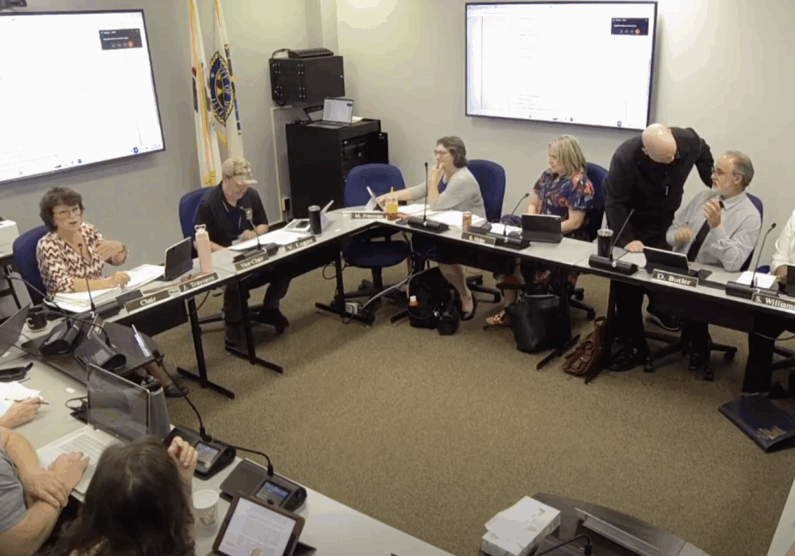
Will County to Draft New Harassment Policy Amid Debate Over Board Authority
The Will County Ad-Hoc Ordinance Review Committee will draft a new, county-wide general harassment policy after a lengthy debate on Tuesday revealed the complexities of the county’s legal obligations and the limits of the County Board’s authority over other elected officials.
The discussion arose during a review of Chapter 39 of the county’s ordinances, which contains the state-mandated sexual harassment policy. Board Member Dan Butler proposed broadening the policy’s title and scope from “sexual harassment” to a general “harassment policy,” arguing the county’s required training course covers a much wider range of protected classes, including veterans and pregnant women.
“I was surprised that it included a lot of groups other than just men and women of a sexual nature,” Butler said. “I just thought our policy should reflect that… to bring a broader understanding of what we’re trying to accomplish.”
However, Phil Mock of the Will County State’s Attorney’s Office, who is guiding the committee’s review, advised against altering the existing policy. He explained that state law specifically mandates a standalone “Sexual Harassment Policy,” and changing the title could put the county out of compliance.
“The reason we use that term is because the state mandated us to use that term,” Mock said. “We don’t want to be in a situation where they said, ‘You just have a general harassment policy, you don’t have a sexual harassment policy.'”
This prompted a deeper conversation about the board’s power to set policy for the entire county. Member Judy Ogalla questioned why some ordinances apply county-wide while others do not. Mock described the county government structure as a “feudal system with a bunch of dukes and not one king,” where each elected official—like the Sheriff, County Clerk, or Coroner—maintains control over their office’s internal operations.
He clarified that the County Board’s authority is strongest on fiscal matters. Policies with direct financial implications, like those concerning insurance benefits or purchasing, are binding. Policies on workplace conditions, however, are largely followed voluntarily by other elected officials.
“As a county voice you can say that,” Mock said, suggesting a separate anti-harassment policy would likely be adopted by other officials. “My belief is all the elected officials will voluntarily follow your policy because that makes it easy on them. They don’t have to make their own up.”
Ultimately, the committee voted to direct Mock to draft a new, separate general harassment policy to be added to Chapter 39. The policy will address protections for various classes as defined by state law and court interpretations. Due to the addition of this new section and other required changes, the committee voted to postpone final approval of Chapter 39 until its next meeting.
Latest News Stories
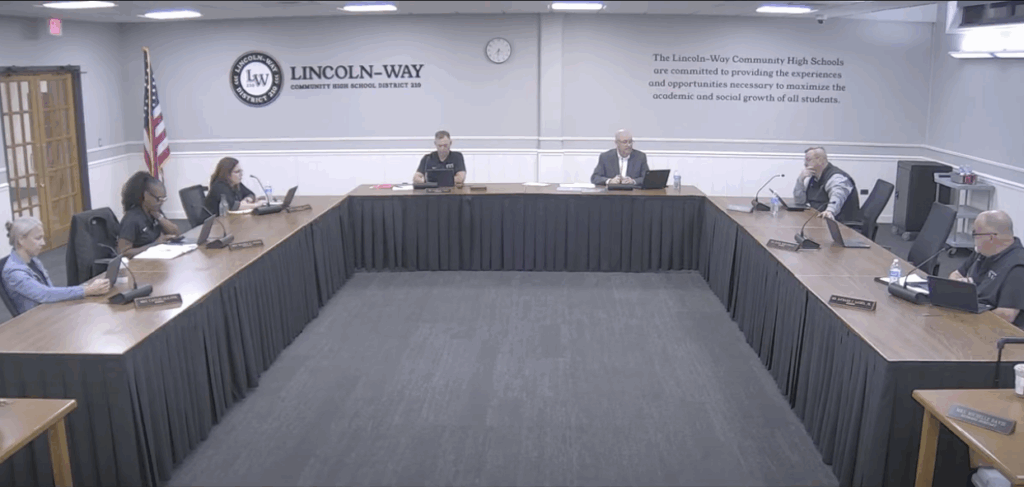
Lincoln-Way to Purchase New Buses, Add Smaller Vehicles to Address Driver Shortage
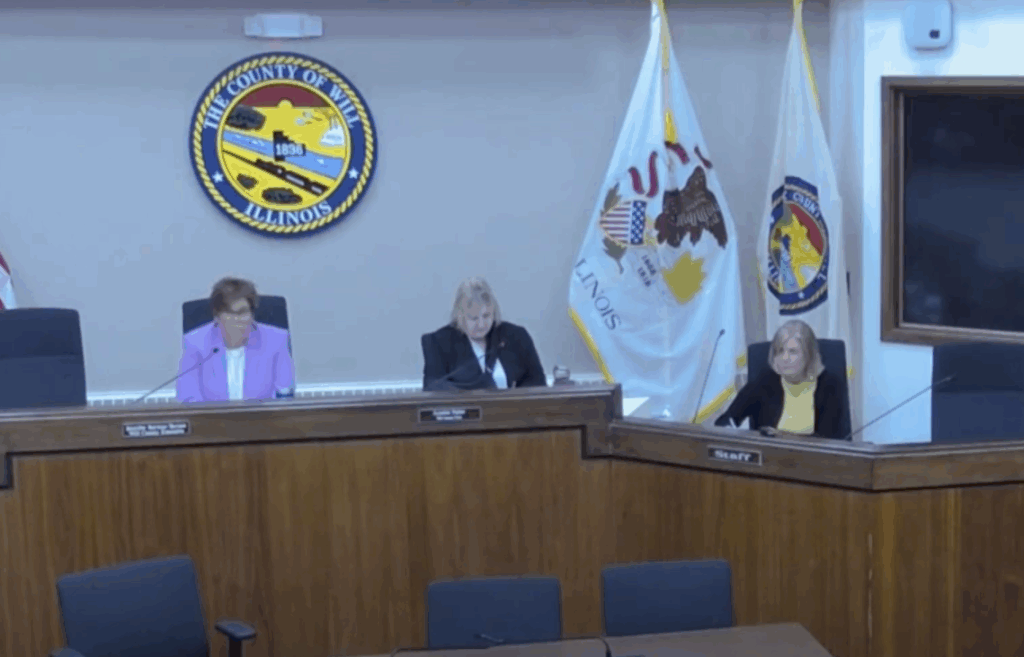
Will County Awards $10.4 Million Contract for Bell Road Widening Project

Mokena 159 Board Adopts New Policies on AI, Student Support Despite Dissent

Green Garden’s Wildflower Farm Granted Second Extension for Rural Events Permit

Will County Board Compromises on Mental Health Levy, Approves $10 Million After Debate

Lincoln-Way Board Honors Students with Perfect ACT Scores, Music Educator of the Year

Frankfort Township Board Denies Permit for New Bar on St. Francis Road

Mokena 159 Receives Clean Audit Report, Earns State’s Highest Financial Recognition

Meeting Summary and Briefs: Mokena Village Board for September 22, 2025
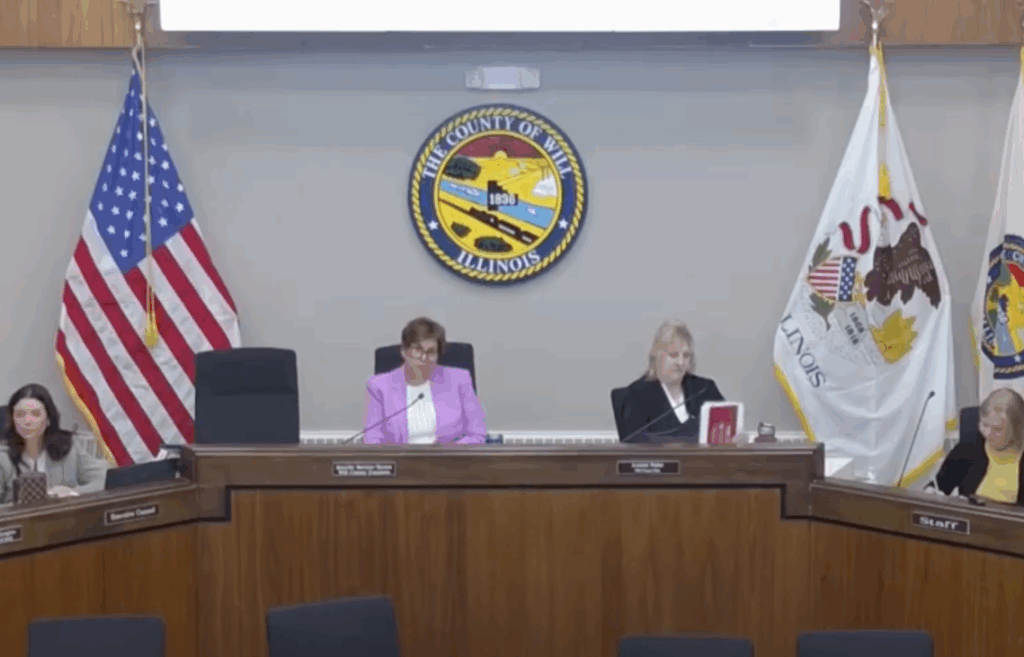
Will County Board Rejects Proposed Tax Hike, Approves 0% Levy Increase in Contentious Vote
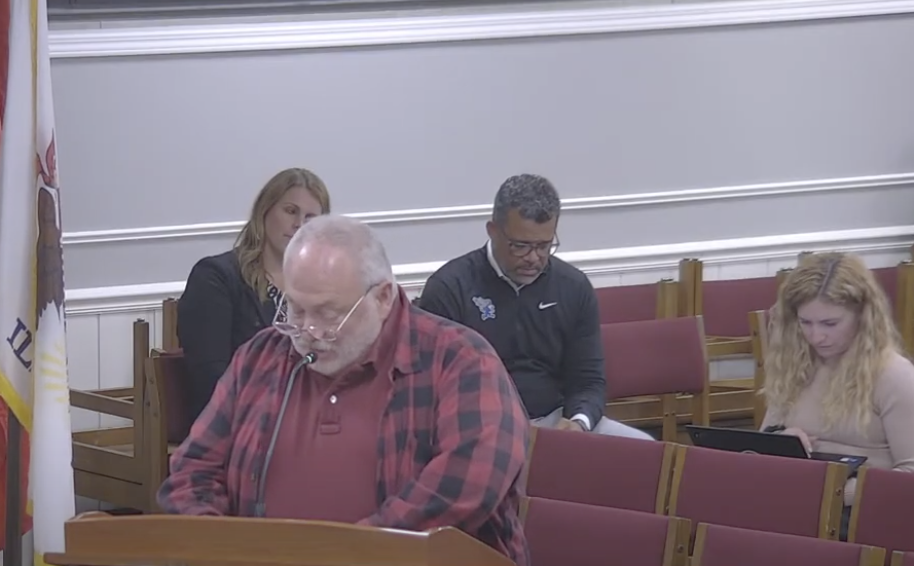
Lincoln-Way Support Staff Union Rejects Tentative Contract Agreement

Mokena to Replace Invasive Callery Pear Trees with Grant Funding


